
Biotin belongs to a group of B vitamins. This is a water-soluble vitamin also known under the name vitamin H and coenzyme R. Being a water soluble vitamin it can be easily excreted from the body. However excessive intake of biotin can cause its a massive accumulation in the body and subsequently creating problems.
Biotin is considered rather important vitamin. It participates in metabolism of carbohydrate and amino acids. Biotin is also engaged in cell division and manufacturing of genetic material. Furthermore, biotin is necessary for converting fatty acids and glucose into energy. The vitamin is recommended for people suffering from certain skin and eye conditions. Some studies have suggested that biotin can effectively prevent build-up of fats in the liver and kidneys.
The vitamin can be taken in required amounts if one is eating healthy and consumes a variety of foods. In case the vitamin cannot be obtained from food people usually take biotin supplements. However, the biotin supplements are not supposed to be taken prior consultation with a well experienced physician. If he/she recommend supplements the patient is supposed to stick to the prescribed dose and never exceed it.
Biotin Dosage
A person taking biotin supplements must be familiar with the biotin dosage. The recommended daily allowance (RDA) varies in children and adults. Children are allowed 5-12 micrograms of biotin per day while adults can take 20-30 micrograms. The dosage for pregnant women is slightly increased (30-35 micrograms per day). If biotin is given in therapeutic purposes the dose can range from 50 micrograms to 15 milligrams. For example, hair and nail problems are commonly treated with maximum of 2,500 micrograms.
Biotin Overdose
Fortunately, the excess of biotin can be flushed from the body via urine. This is why biotin overdose does not occur often and it generally affects people who have been taking biotin supplements in excess for a prolonged time.
In very rare occasions biotin overdose is associated with decelerated insulin release, increased blood sugar levels, skin eruptions and increased vitamin C and B6 requirements. Some researches connected to biotin overdose are still on-going. One study included administration of excess of biotin in pregnant rats. The results showed shrinking of the placenta and increased risk of miscarriages. Unfortunately, the results only refer to animals and the exact impact of humans is still unknown. Just because of the fact that the exact impact of excess biotin in humans have not been identified this concern should be taken seriously and never exceed the recommended dose.


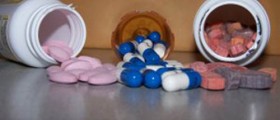
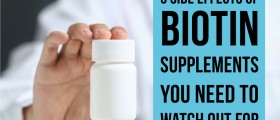



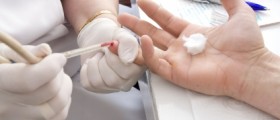


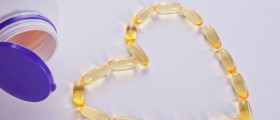




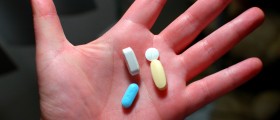

Your thoughts on this
Loading...